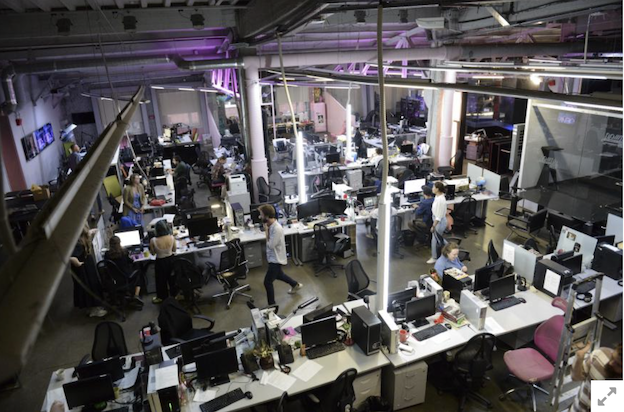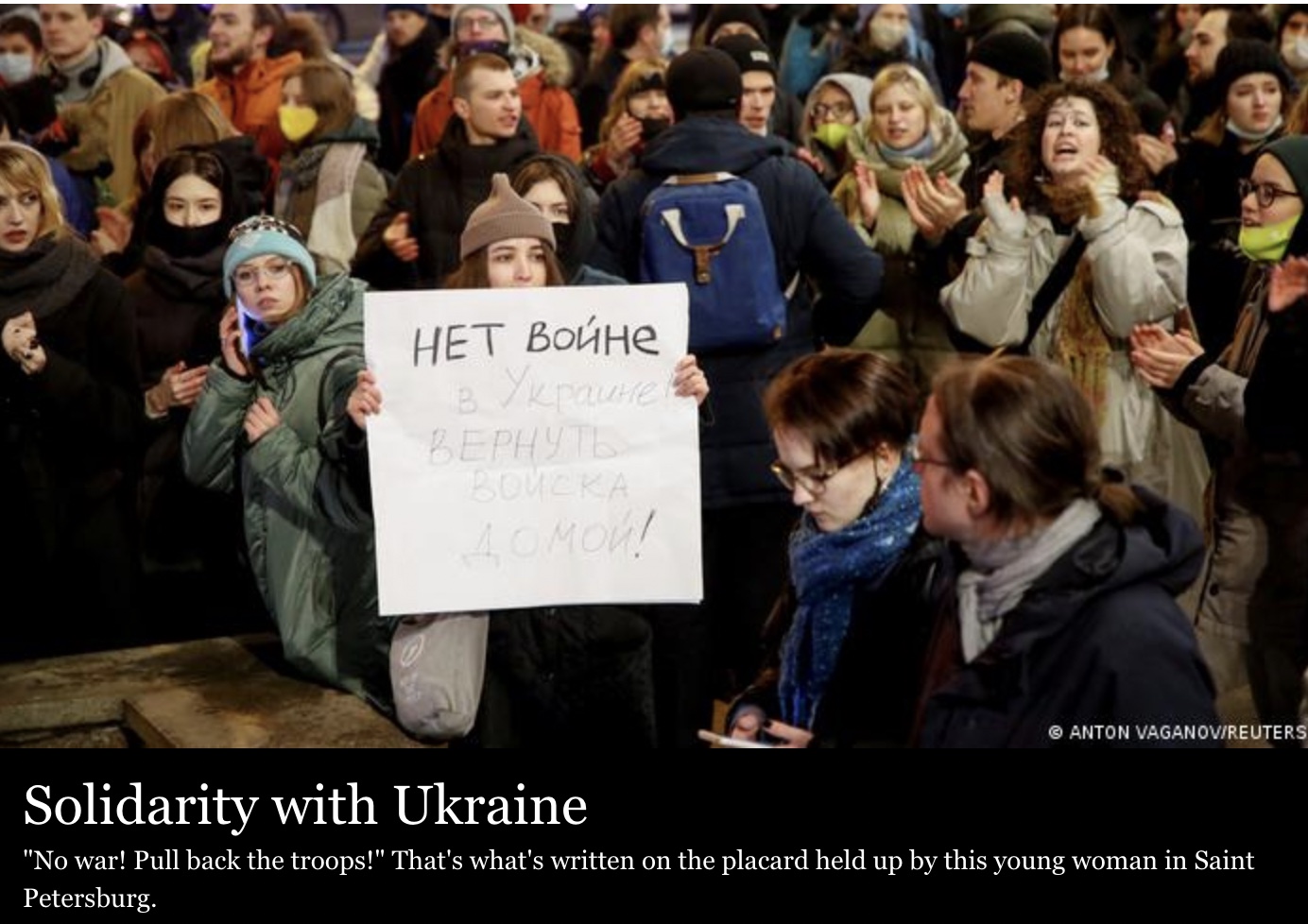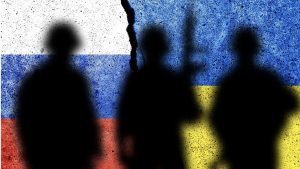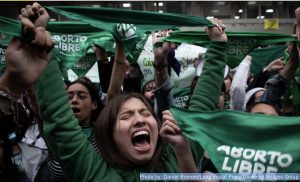FREE FLOW OF INFORMATION
An article by Yana Metlyova in Championat (translation by CPNN)
Appeal to the President of the Russian Federation from Russian chess players.
We oppose military actions on the territory of Ukraine and call for an early ceasefire and a peaceful solution to the conflict through dialogue and diplomatic negotiations. It is unbearably painful for us to see the catastrophe that is happening these days with our peoples.

Ian Nepomniachtchi
We have always played for Russia in individual and, with particular pride, in team competitions. We believe that chess, like sports in general, should bring people together. The most difficult and prestigious international tournaments were held in our country at the highest level even in the midst of the pandemic.
Chess teaches responsibility for one’s actions; every step counts, and a mistake can lead to a fatal point of no return. And if this has always been about sports, now people’s lives, basic rights and freedoms, human dignity, the present and future of our countries are at stake.
In these tragic days, we think of all the people who found themselves in the center of this terrible conflict. We share the pain with our Ukrainian colleagues and call for peace.
The Ukrainian chess team is the reigning European champion, one of the best teams in the world along with ours. We played dozens of matches and hundreds of games. We have always put the game above politics – and the Ukrainians have responded to us in return. We ask you to give teams, players and ordinary people from both countries a chance for mutual respect.
We are for peace. Stop the war!
(Continued in right column)
Can the peace movement help stop the war in the Ukraine?
(Continued from left column)
The petition is signed by:
Ian Nepomniachtchi, grandmaster, Honored Master of Sports of Russia, two-time Russian champion, European champion, vice-world champion, two-time world champion, European champion as part of the Russian team, winner of the FIDE Online Olympiad as part of the Russian team;
Alexandra Kosteniuk, grandmaster, Honored Master of Sports of Russia, 12th world champion, Russian champion, World Cup winner, three-time Olympic champion with the Russian team, two-time world champion and five-time European champion with the Russian team;
Daniil Dubov, grandmaster, world champion in rapid chess, European champion as a member of the Russian team and winner of two online Olympiads as a member of the Russian team;
Petr Svidler, grandmaster, Honored Master of Sports of Russia, eight-time champion of Russia, winner of the World Cup, five-time winner of the World Chess Olympiads as part of the Russian team, two-time winner of the World Team Championship as part of the Russian team, three-time winner of the European Team Championship as part of the Russian team;
Andrey Esipenko, grandmaster, winner of two online Olympiads as part of the Russian team;
Maxim Matlakov, grandmaster, European champion, European champion as part of the Russian team;
Kirill Alekseenko, grandmaster, participant of the Candidates Tournament, European champion in the Russian team;
Alexander Motylev, grandmaster, Russian champion, European champion, coach of the Russian men’s team;
Evgeny Naer, grandmaster, European champion, coach of the Russian women’s team;
Pavel Tregubov, grandmaster, European champion;
Anton Demchenko, grandmaster, European champion;
Mikhail Kobalia, grandmaster, senior coach of the Russian youth team;
Alexander Khalifman, grandmaster, FIDE world champion, two-time Olympic champion in the Russian team;
Valentina Gunina, Grandmaster, Honored Master of Sports of Russia, multiple champion of Russia and Europe in the individual competition, three-time Olympic champion with the Russian team, world champion, six-time European champion with the Russian team, winner of two online Olympiads with the Russian team;
Polina Shuvalova, International Master, World Junior Chess Champion, Russian Rapid Champion, World and European Champion as a member of the Russian team, winner of two online Olympiads as a member of the Russian team;
Alina Kashlinskaya, grandmaster, European champion, world champion and two-time European champion as part of the Russian team;
Igor Lysy, grandmaster, champion of Russia;
Dmitry Kryakvin, grandmaster, journalist;
Vladimir Barsky, international master, journalist;
Mark Glukhovsky, master candidate, organizer;
Maxim Notkin, international master, journalist;
Maxim Chigaev, grandmaster;
Anastasia Chigaeva, FIDE Master;
Olga Badelko, grandmaster;
Pavel Ponkratov, grandmaster;
Alexander Shimanov, grandmaster;
Igor Berdichevsky, grandmaster;
Ivan Rozum, grandmaster;
Ildar Khairullin, grandmaster;
Artur Gabrielyan, grandmaster;
Nikita Petrov, grandmaster;
Evgeny Gleizerov, grandmaster;
Artem Odegov, FIDE Master;
Konstantin Mesropov, International Master;
Svetlana Ershova, Women’s International Master;
Evgeny Egorov, international master;
Anna Volkova, organizer;
Eteri Kublashvili, FIDE Women’s Master;
Yana Sidorchuk, organizer;
Anna Burtasova, women’s grandmaster;
Denis Grigoriev, journalist;
Ilya Gorodetsky, candidate master, commentator;
Oleg Pervakov, grandmaster, multiple world champion in chess composition, journalist.
















